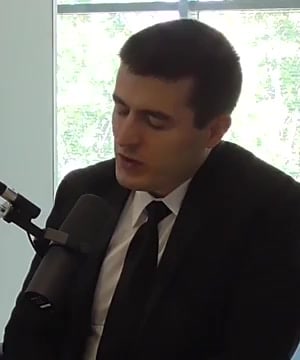Recursive Self-Improvement
Sources:
The concept of recursive self-improvement (RSI) emerges frequently in discussions about AI advancements and risks. Here are some expert insights on the topic:
-
Definition and Origins:
- Jürgen Schmidhuber traces his interest back to his 1987 thesis, where he envisions a machine improving its learning algorithms recursively. This hierarchy could, in principle, lead to infinite self-improvement, limited only by the system's runtime, aiming to transcend static human-designed algorithms 1.
-
Current Implementations:
- Nathan Labenz discusses Microsoft's "self taught optimizer" which recursively self-improves code generation. Though only a framework, it demonstrates the utility of language models like GPT-4 for recursive improvements, emphasizing a threshold effect not seen in previous versions like GPT-3.5 2.
-
Potential and Challenges:
- Nathan Labenz also touches upon how recursive self-improvement in AI can potentially lead to superhuman capabilities in coding and other areas. The critical challenge is ensuring meaningful improvements across multiple iterations without plateauing, as seen with GPT-4’s incremental but finite rounds of self-improvement 3.
- François Chollet adds a cautionary perspective, stating while RSI is real, it's often constrained by bottlenecks in interconnected systems, much like science, which despite exponentially growing resources, produces linear progress 4.
-
Skeptical Views:
- Tim Scarfe argues against the feasibility of RSI leading to AGI superintelligence. He emphasizes that intelligence is not well-understood and highly dependent on environmental interaction, making the hypothesis of standalone recursive self-improving intelligence speculative at best 5.
These insights highlight both the promise and the complexity of achieving true recursive self-improvement in AI, illustrating the need for continued research and balanced perspectives.
RELATED QUESTIONS-


